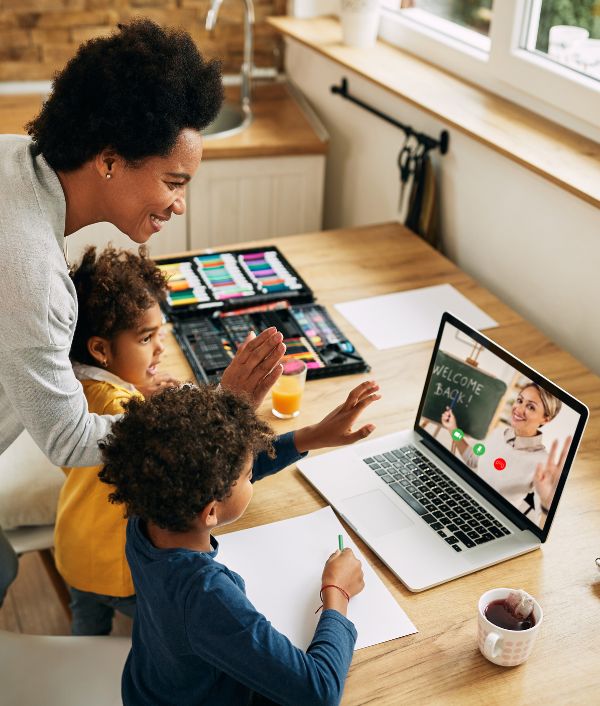Collaborating with Schools for Your Child’s Success
Collaborating with Schools for Your Child’s Success
Navigating the educational landscape for a child with special needs can be a challenging journey. One of the most effective ways to ensure your child’s success is to build a strong, collaborative support system with their school. This partnership not only enhances your child’s learning experience but also fosters an environment where they can thrive academically and emotionally. Here’s how you can effectively collaborate with schools to support your child’s success.
Open Communication
The foundation of any successful partnership with your child’s school is open, honest communication. Begin by establishing a strong line of communication with teachers, counselors, and other school staff. Regularly share your observations (then follow up in writing restating what you see) about your child’s needs, strengths, and any concerns you might have. This ongoing dialogue ensures that everyone involved is aligned in their approach to supporting your child.
Understand the Resources Available
Schools offer a variety of resources designed to support students with special needs. Familiarize yourself with these resources, such as special education services, counseling, and academic interventions. Understanding what’s available allows you to advocate more effectively for the support your child may need. Requesting detailed information about these resources can help you make informed decisions and create a plan tailored to your child’s needs.
Set Clear Goals
Work with the school to set clear, achievable goals for your child. These goals should be specific, measurable, and aligned with both your child’s needs and educational standards. By setting these goals collaboratively, you ensure that everyone involved has a shared vision for your child’s success. Regularly review and adjust these goals as necessary to reflect your child’s progress and evolving needs.

Participate in IEP Meetings
For children receiving special education services, Individualized Education Program (IEP) meetings are a critical component of their educational plan. Actively participate in these meetings to provide valuable input and ensure that your child’s needs are being met. Come prepared with observations, questions, and suggestions to contribute to the development of a comprehensive and effective IEP.


Build Relationships with Educators
Building strong, positive relationships with your child’s teachers and school staff can make a significant difference in their educational experience. Show appreciation for their efforts and collaborate on strategies to support your child’s learning. A positive relationship fosters a supportive environment where teachers are more invested in your child’s success.
Advocate for Your Child
Advocacy is a crucial aspect of collaborating with schools. Be prepared to advocate for the services and accommodations your child needs. This may involve discussing adjustments to the curriculum, requesting additional support, or addressing any issues that arise. Approach advocacy with a problem-solving mindset, focusing on finding solutions that benefit your child’s educational experience.
Encourage Your Child’s Involvement
Involve your child in their educational journey as much as possible. Encourage them to communicate their needs and preferences, and support them in setting their own educational goals. By empowering your child to be an active participant in their learning, you foster a sense of ownership and motivation.
Seek External Support
Most of the time, collaborating with the school is not enough to address all of your child’s needs. Seeking additional support from external professionals, such as educational consultants, therapists, or support groups, can be beneficial. These resources can provide additional strategies and insights to complement the support provided by the school.
Monitor and Adjust
Continuously monitor your child’s progress and the effectiveness of the support system in place. Regularly assess whether the strategies and resources are meeting your child’s needs and make adjustments as necessary. This ongoing evaluation helps ensure that your child’s educational experience remains positive and productive.
Celebrate Successes
Finally, celebrate your child’s achievements, both big and small. Recognizing and celebrating their successes reinforces positive behavior and encourages continued effort. Acknowledging progress fosters a positive attitude toward learning and reinforces the value of the support system in place.
Building a collaborative support system with your child’s school is essential for their success. By fostering open communication, understanding available resources, setting clear goals, and actively participating in their education, you create a nurturing environment where your child can flourish. Remember, a strong partnership between home and school plays a pivotal role in helping your child achieve their fullest potential.





